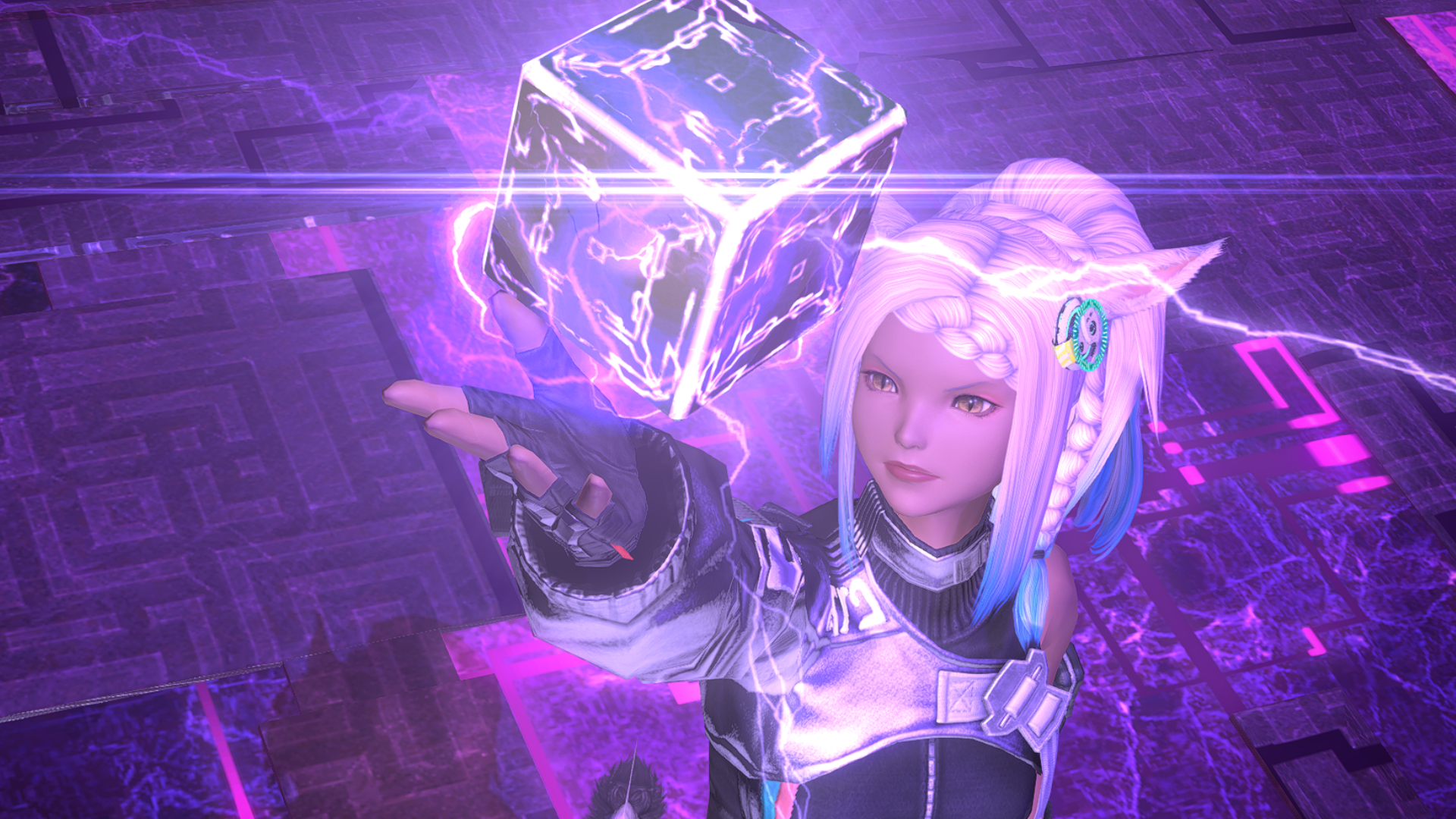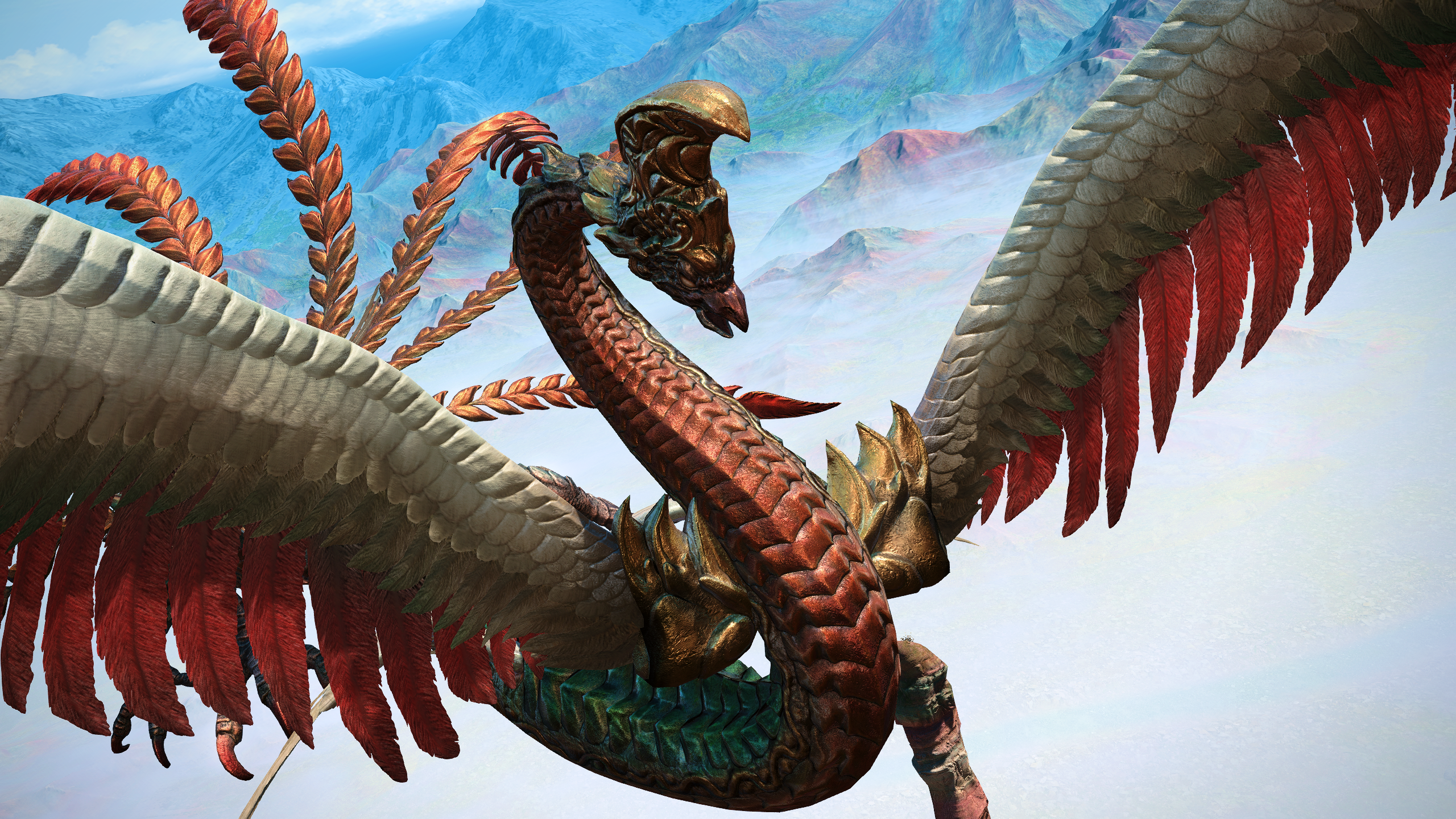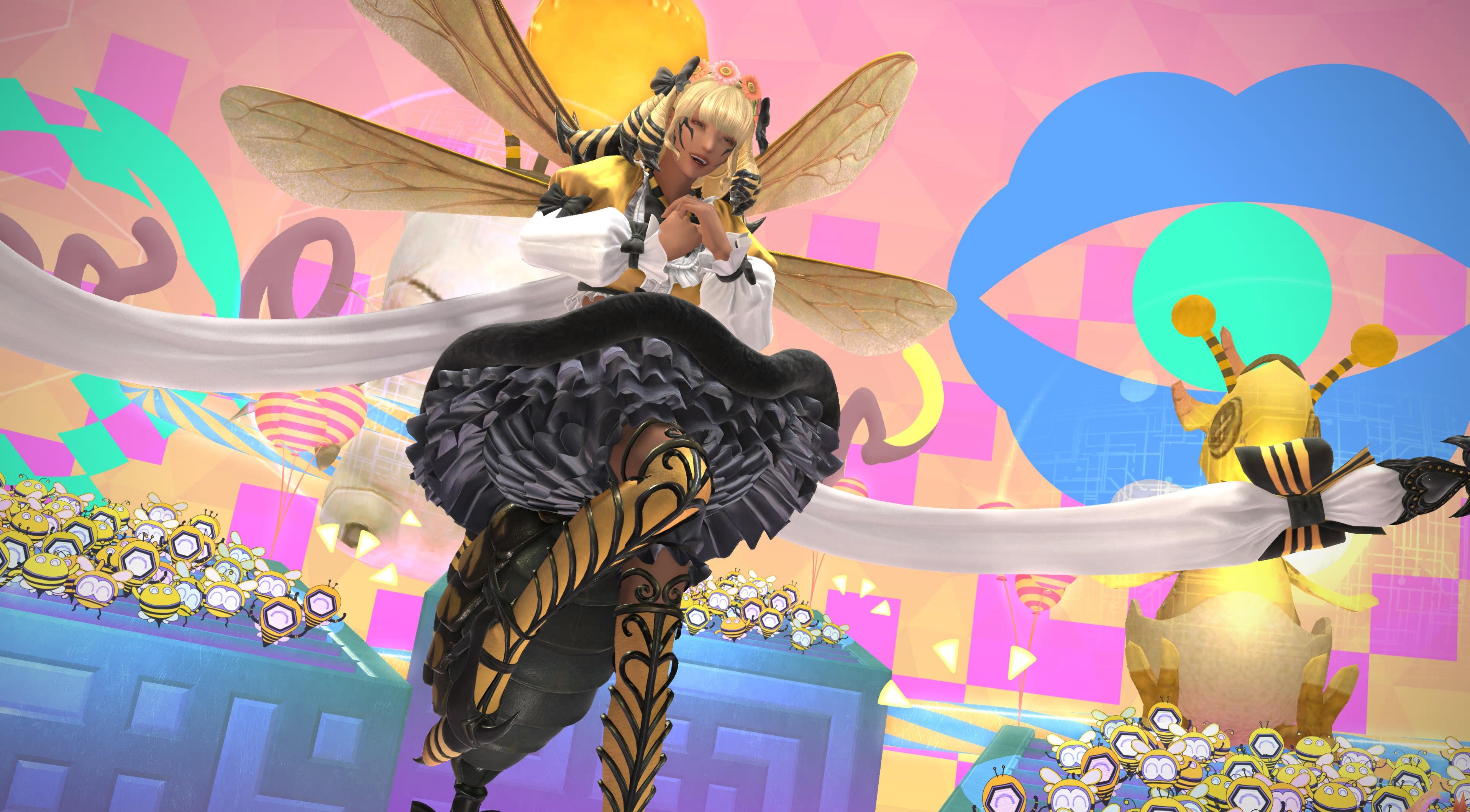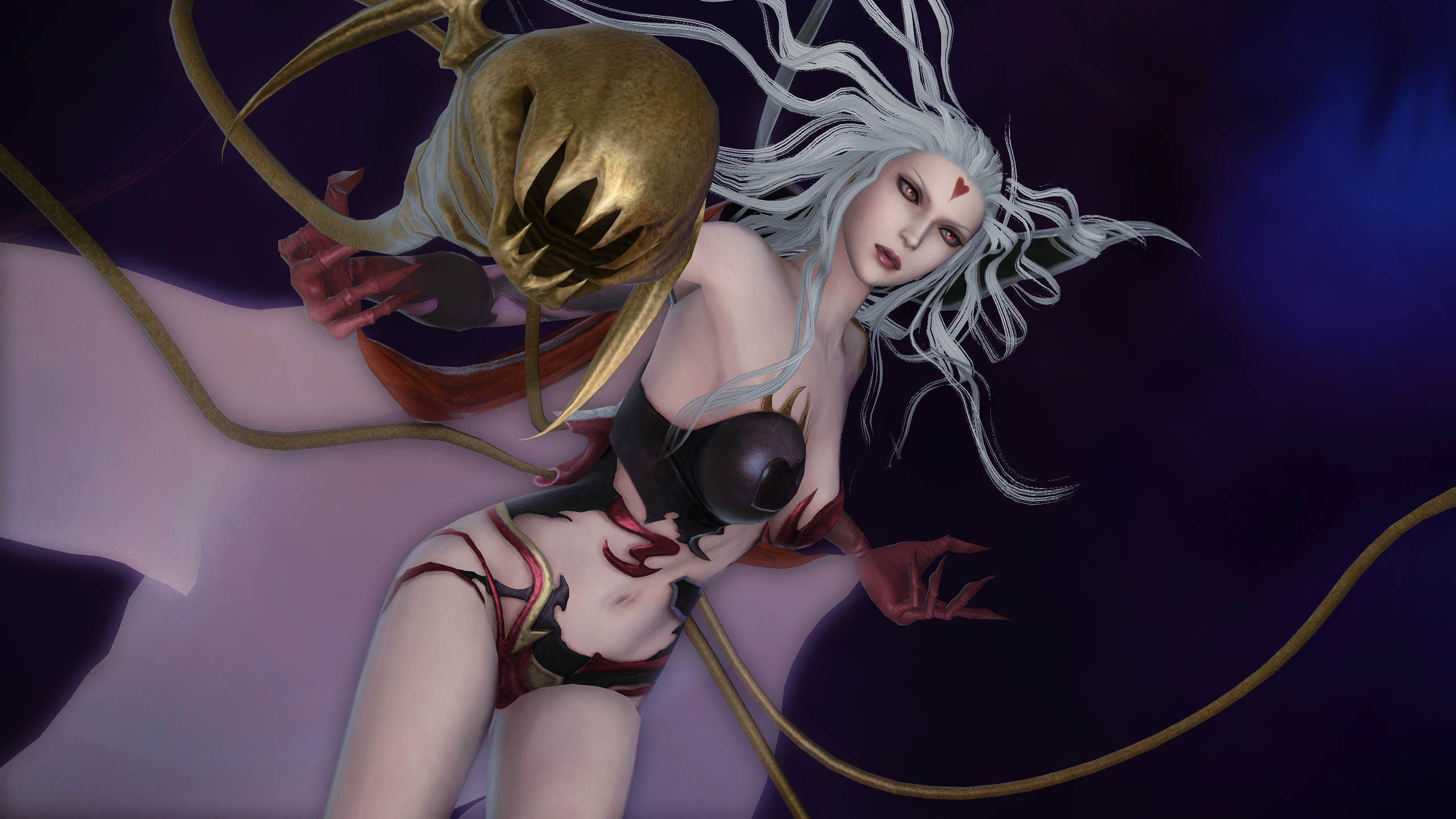
While Final Fantasy 14 is often praised for its story, it’s the endgame where players spend most of their time. With dungeons, trials, savage raids, and more casual endeavours, FF14 has something for everyone. The latest expansion, Dawntrail, has the best endgame yet, and I wanted to know how the team fine-tunes the challenge across the MMO's variety of difficulties. I recently sat down with lead battle content designer Masaki "Mr Ozma" Nakagawa to chat about trying to please everyone in a genre where doing that is pretty tough going.
Prior to 7.0, our policy of reducing gameplay-related frustrations was sometimes taken too far.
“I believe it’s simply impossible to design a difficulty level that’s ‘just right’ for all players,” Nakagawa tells PC Gamer. “Each [piece of] content should be designed with a specific demographic in mind, with a difficulty that’s just right for that target audience. At the same time, I also believe the content should still have something in store for players outside the primary target audience.”
“For example, alliance raids are primarily designed for those who don’t participate in high-end duties such as extreme trials or savage raids. On the other hand, those who enjoy savage raids and other high-end duties may find that alliance raids are neither satisfying nor engaging; to them, alliance raids would just be boring content. So although we adjust difficulty levels based on a primary target audience, we still try to make the content as enjoyable as possible for all players, and we apply that philosophy to all content.”
This approach makes sense, especially when put into practice. “For example, Patch 7.0 added Worqor Lar Dor (Extreme), which was designed with the target audience of ‘players who are trying extreme trials for the first time’,” Nakagawa continues. “As a result, many players probably felt the encounter was easier than the extreme trials in the Patch 6.x series. But even so, I believe many veteran players still found the battle against Valigarmanda to be a refreshing and enjoyable one, thanks to flashy attacks and mechanics like Mountain Fire.”
By approaching each content type for slightly differing players rather than trying to please everybody at once, battles are able to retain their sense of uniqueness. Something that is particularly apparent since the Dawntrail expansion compared to previous ones. The level 100 dungeon Tender Valley is a great example of this. Each boss has a wildly different battle flow, like watching out for the second one’s bombs being sent through tubes that blast across the field, or the bouncy council of cheeky serpents making you dash for safe spots - the mechanics feel unique to the setting rather than just scaling for difficulty. Nakagawa talks me through what changed.

“The difficulty of battle content in Patch 7.0 onward was discussed with core members of the battle team, including producer and director [Naoki] Yoshida, and certain aspects of our direction were changed compared to pre-7.0,” Nakagawa tells me. “Prior to 7.0, our policy of reducing gameplay-related frustrations was sometimes taken too far, and in some cases, even the hurdles and frustrations that existed to make the gameplay more engaging were eliminated, which made them less fun. With that in mind, we shifted to a design policy of placing greater emphasis on enjoyability. This major shift took place in 7.0 and 7.1. It was a bold decision for us with a lot of unknown factors, but we're relieved to hear that people enjoyed it! The impact of this policy change will be more evident in future patches.”
The approach in earlier expansions such as Endwalker helped make the combat streamlined, but there were casualties in some fights along the way. Fights were still fun, but lacked spark making repeated visits a chore—seeing Smileton pop up in a roulette elicited a heavy sigh rather than joy despite its wild surroundings.
There are fewer specific fights I remember in Endwalker even though I loved it as a lot of them featured similar mechanics. “During the 6.x patches, we vetoed some interesting ideas for mechanics so melee players wouldn’t be frustrated by periods of downtime where they can’t attack the boss; we removed them regardless of how interesting the mechanics could be. In hindsight, we should’ve properly weighed the interesting nature of an idea versus the frustration of being unable to attack, but our policies had formed an environment where such ideas were easily eliminated.”
A new direction
Thankfully, things are much different in Dawntrail—bosses have their positionals once more and recent duties like ultimate raid Futures Rewritten are stuffed with pockets of downtime that have jobs planning their rotations more strategically.

“From 7.0 onward, our policy is to properly assess and adopt interesting ideas as much as possible,” Nakagawa says. “There is a fine line between gameplay-related tension and fun. In moderation, tension makes for a greater sense of achievement when the hurdle is overcome and the content is cleared. Reducing tension and difficulties, in turn, can undermine a player’s improvement and sense of achievement when taken to the extreme. With that in mind, reassessing the balance between a sense of achievement and the stress required to achieve it became our primary aim.
"For example, the Alexander raids in 3.x featured a variety of unique mechanics, including riding and operating a mount, being quarantined in a room via a crane game mechanic, or transforming into a gorilla to punch giant bombs away.
During the 6.x era, we received a lot of player feedback regarding a lack of midcore content, as well as a strong desire for more large-scale content.
"If we continued to veto ideas like those out of concern for frustrations, like losing DPS when turning into a gorilla, our content would lose its diversity and all bosses would end up following the same patterns. That said, we also don’t believe that everything needs to be unique; after all, some battles should remain orthodox while others can be tremendously innovative, and it was this ideology which led to the revision of our content design policies.”
With a new raid type, chaotic alliance, that pits 24 players against more difficult versions of old alliance raids recently released, I wanted to know how Nakagawa and the team went about redesigning The Cloud Of Darkness—one of the game's first alliance raids, all the way back in A Realm Reborn—to increase the challenge.

“During the 6.x era, we received a lot of player feedback regarding a lack of midcore content, as well as a strong desire for more large-scale content,” he tells me. “The chaotic alliance raid is our direct response to these requests. With that in mind, we decided our target audience would primarily be those who fall somewhere between extreme trials and the first two savage encounters, and we began brainstorming specific mechanics from there. We also created the raid with the goal of designing a unique encounter to emphasize the experience of battling in a 24-player group, rather than simply recreating an eight-player raid into one for 24 players. Chaotic alliance raids are a brand-new type of content, so we’re not sure if everything will work out as planned, but we'd be glad if you could try it out and let us know what you think.”
If I've learned anything, it's that it's still hard to satisfy every playstyle, but Nakagawa wanted to make sure that everyone still feels heard. “Different players have different feelings and opinions on the topic; some may ask for dungeons and alliance raids to be made easier, whereas others may want 24-player ultimates or content that surpasses even ultimate in terms of difficulty. I believe it’s fine for opinions to vary. Whatever your opinions may be, we respect them and take all player feedback seriously. And of course, we will continue striving to outdo ourselves and create battle content that’s even better than the last.”







